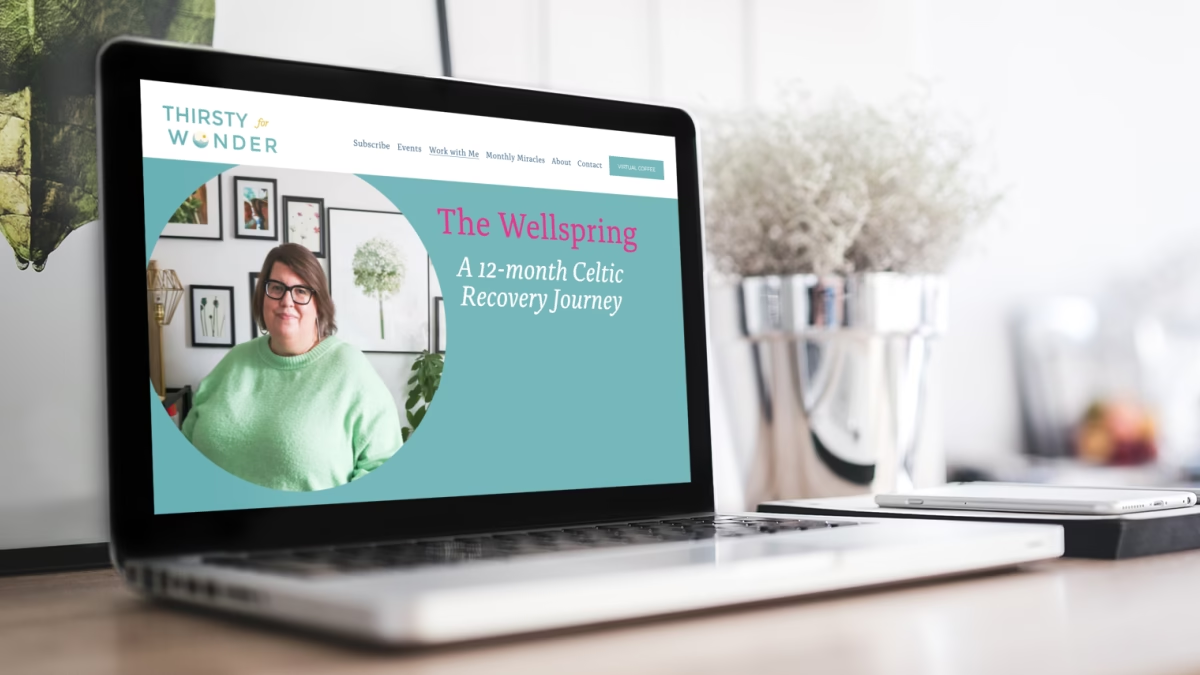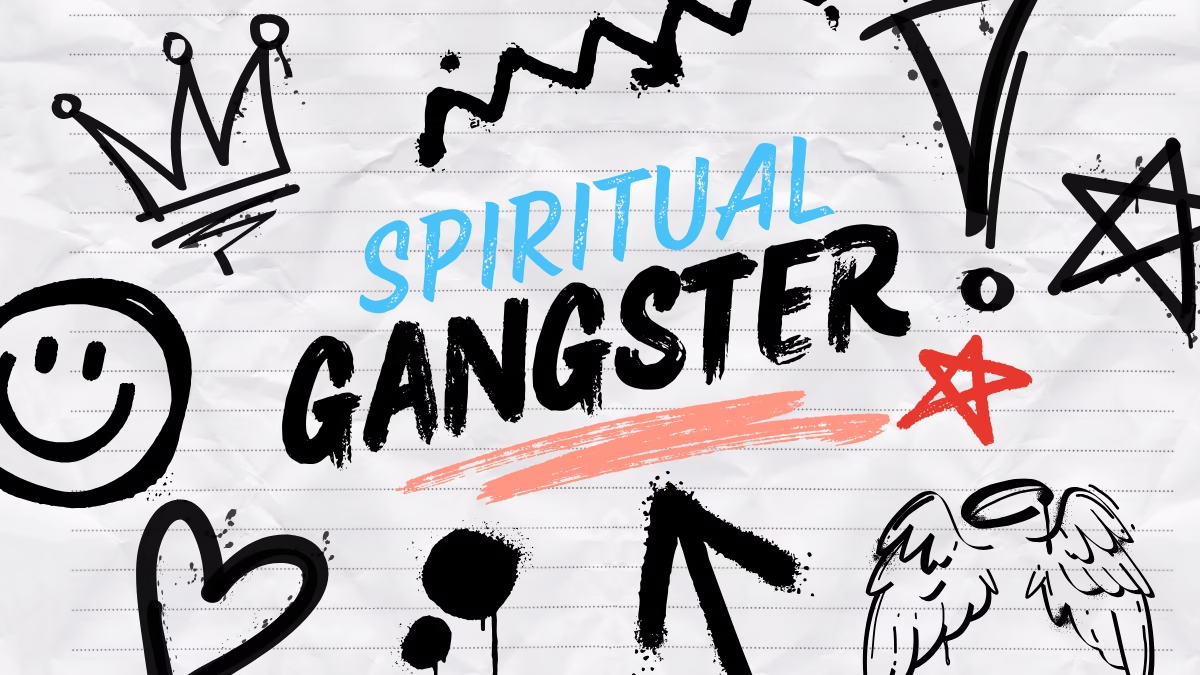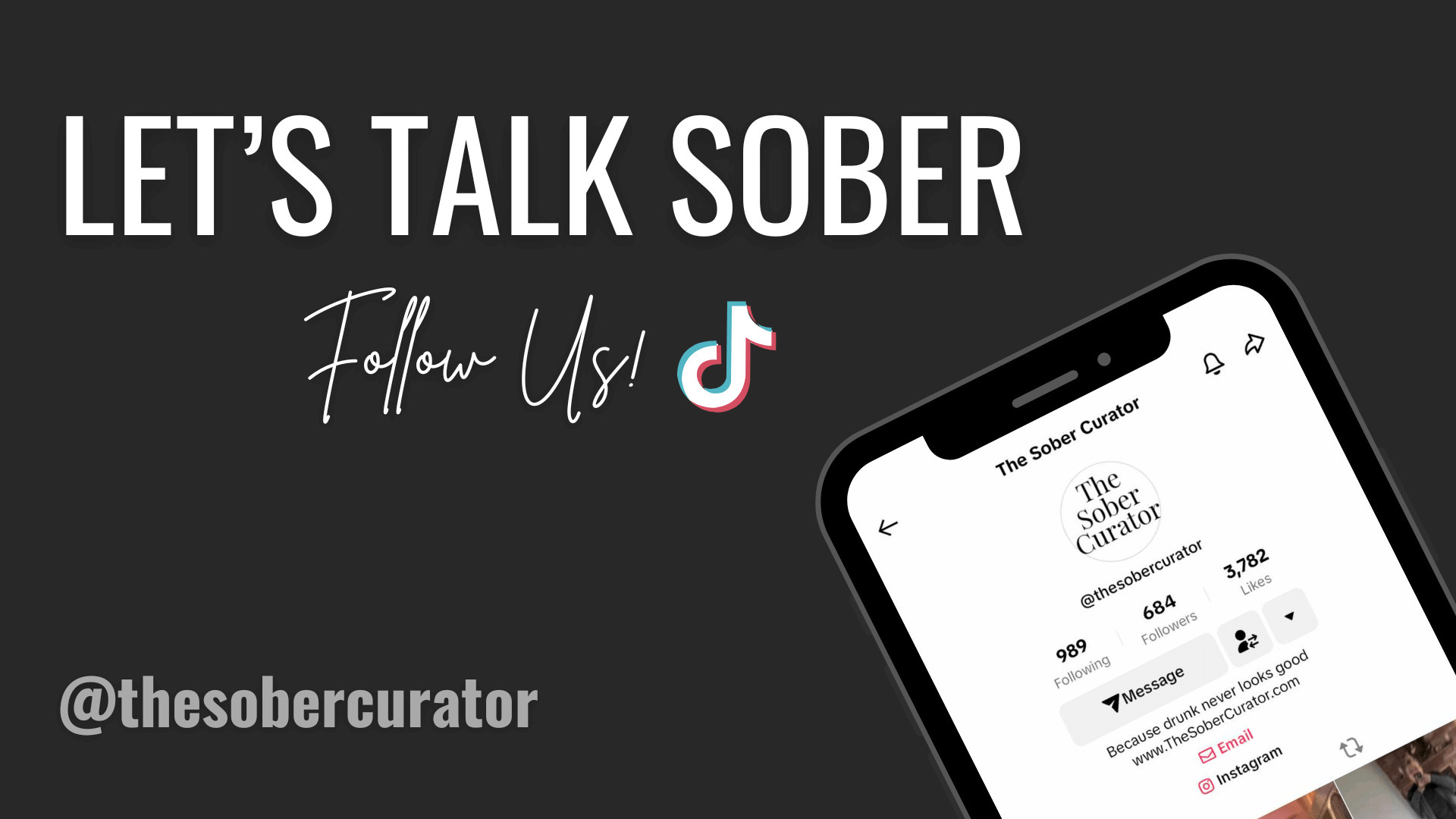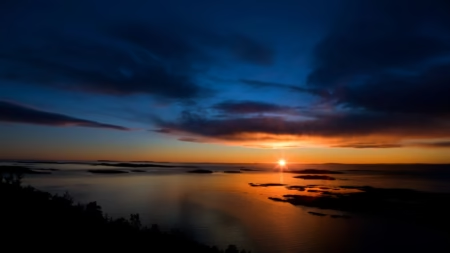
There is a kind of hunger that gnaws long before we name it. It’s not in the belly but in the marrow. A hollowness that grows each time the world asks us to settle for less than truth.
Spiritual starvation comes in many forms. It comes when we are told to sit quietly in churches that preach love but practice exclusion. It comes when wellness culture reduces our worth to green juices, vision boards and a never-ending chase for self-improvement. It comes when the deeper questions — Why am I here? What is my life for? Where do I belong? — are dismissed as inconvenient or naïve. And it comes when we are forced to walk alone, convincing ourselves that silence is safer than speaking what we know in our bones.
I lived there for years. The disillusionment was so sharp it bordered on rage. My faith unraveled until all I could see were the power structures propped up on shame and obedience. I was furious with the church that had once cradled me. Furious with a God who felt more like a punisher than a companion. And so I reached for alcohol to blunt the ache. But nothing numbed the hunger for long.
The Paradox of Recovery
In recovery, I learned the paradox: that what we most long for is often what frightens us most. To be fed spiritually means to let ourselves be seen, to soften into mystery, to surrender to awe. And awe cannot be manufactured by systems that thrive on control. It cannot be summoned by gritting our teeth and striving harder.
What saved me — what continues to save me — is wonder. The moments that don’t make sense but make me whole: a hawk circling overhead, the sun slanting through October trees, the unexpected tenderness of strangers in a recovery room. These were sparks that slowly illuminated a way back to the divine, not through dogma but through encounter.
Ancient wisdom helped me see that I wasn’t alone in this hunger. For thousands of years, people have marked the turning of the seasons, honored what is felt but unseen and trusted that our bodies and spirits need more than efficiency and productivity to thrive. They made space for grief and celebration, for silence and song, for the mystery of the in-between. They did this in community and not in isolation, because to be human is to need witnesses, companions, co-pilgrims on the way.
In my own recovery, I’ve come to trust this same way of living. Out of that trust, I began shaping a space where recovery could move alongside these ancient practices — a place where the Celtic calendar could guide us, not as a rigid system but as a companion on the path.
What is The Wellspring?
The Wellspring is a year-long Celtic recovery journey rooted in the Celtic calendar, the ancient way of the people of Ireland and beyond marked time. Instead of 12 neat months, the Celtic year is shaped by the movements of the sun and earth — four seasons and four cross-quarter days that invite us to pay attention to what is happening both around us and within us. It is a way of keeping time that honors cycles of growth and rest, light and shadow, grief and joy.
We begin in November, at the Celtic new year. Unlike the world’s January push into resolutions and productivity, the Celtic new year begins in descent and slowing. It is the season of letting go — a season of noticing what no longer serves and allowing it to fall away, trusting it will become mulch for what needs to grow next. From the very first gathering, we are practicing recovery in a countercultural way: not by striving, but by releasing.
Through the turning of the year, we gather bi-weekly, moving with these seasonal thresholds the wider world often ignores. Together, we pause to listen, to notice, to root into practices that nourish rather than deplete. We explore stories and landscapes that remind us we belong to something vast and generous. And we share what is real: the griefs that would be too heavy to hold alone and the joys that multiply when spoken aloud.
What The Wellspring is Not
The Wellspring is not a program with steps to follow. It is a shared journey, a communal well, a place of belonging for those in recovery who are hungry for something deeper.
Because here is what I know: isolation is one of the greatest sources of our spiritual starvation. It convinces us that our hunger is a defect rather than a compass. But in community, we discover the opposite. Our hunger is proof we were made for something more. Something wonder-soaked, soul-quenching and alive with presence.
The Wellspring isn’t about fixing what’s broken. It’s about recovering what’s been waiting within us all along: the capacity to be astonished, to be connected, to be fed.
If you feel starved, know you are not alone. Your hunger is holy. And there is a feast waiting.
You are warmly invited to join us in The Wellspring. Our next journey begins this November, at the Celtic new year. Learn more and register here: thirstyforwonder.com/wellspring

THIRSTY FOR WONDER: at The Sober Curator, led by Anne Marie Cribben—a passionate recovery coach and spiritual companion based in Washington, DC—offers 1:1 coaching, spiritual guidance, and recovery support rooted in compassion and empowerment. As the creator of The Wellspring: A Celtic Recovery Journey, Anne Marie blends the Celtic calendar with sobriety, connecting participants to ancient wisdom and the rhythms of nature.
A fierce advocate for sobriety as liberation and self-love, she challenges the targeted marketing of alcohol to women and champions authentic, joyful living. Her work goes beyond addiction recovery, fostering a life of vibrancy, purpose, and connection.

SPIRITUAL GANGSTER: at The Sober Curator is a haven for those embracing sobriety with a healthy dose of spiritual sass. This space invites you to dive into meditation, astrology, intentional living, philosophy, and personal reflection—all while keeping your feet (and your sobriety) firmly on the ground. Whether you’re exploring new spiritual practices or deepening an existing one, Spiritual Gangster offers inspiration, insight, and a community that blends mindful living with alcohol-free fun.

SOBERSCRIBE NOW!
Resources Are Available
If you or someone you know is experiencing difficulties surrounding alcoholism, addiction, or mental illness, please reach out and ask for help. People everywhere can and want to help; you just have to know where to look. And continue to look until you find what works for you. Click here for a list of regional and national resources.






